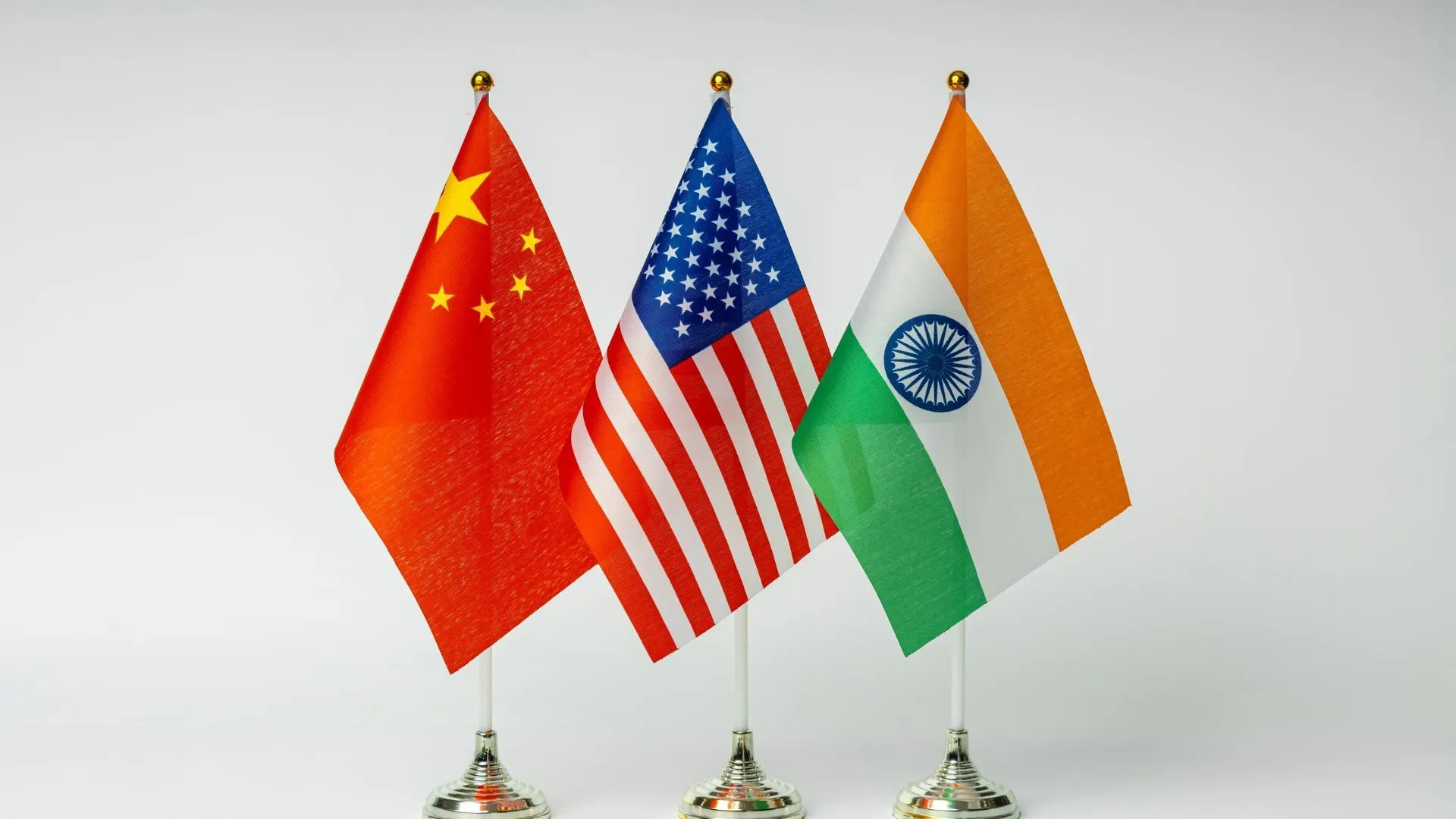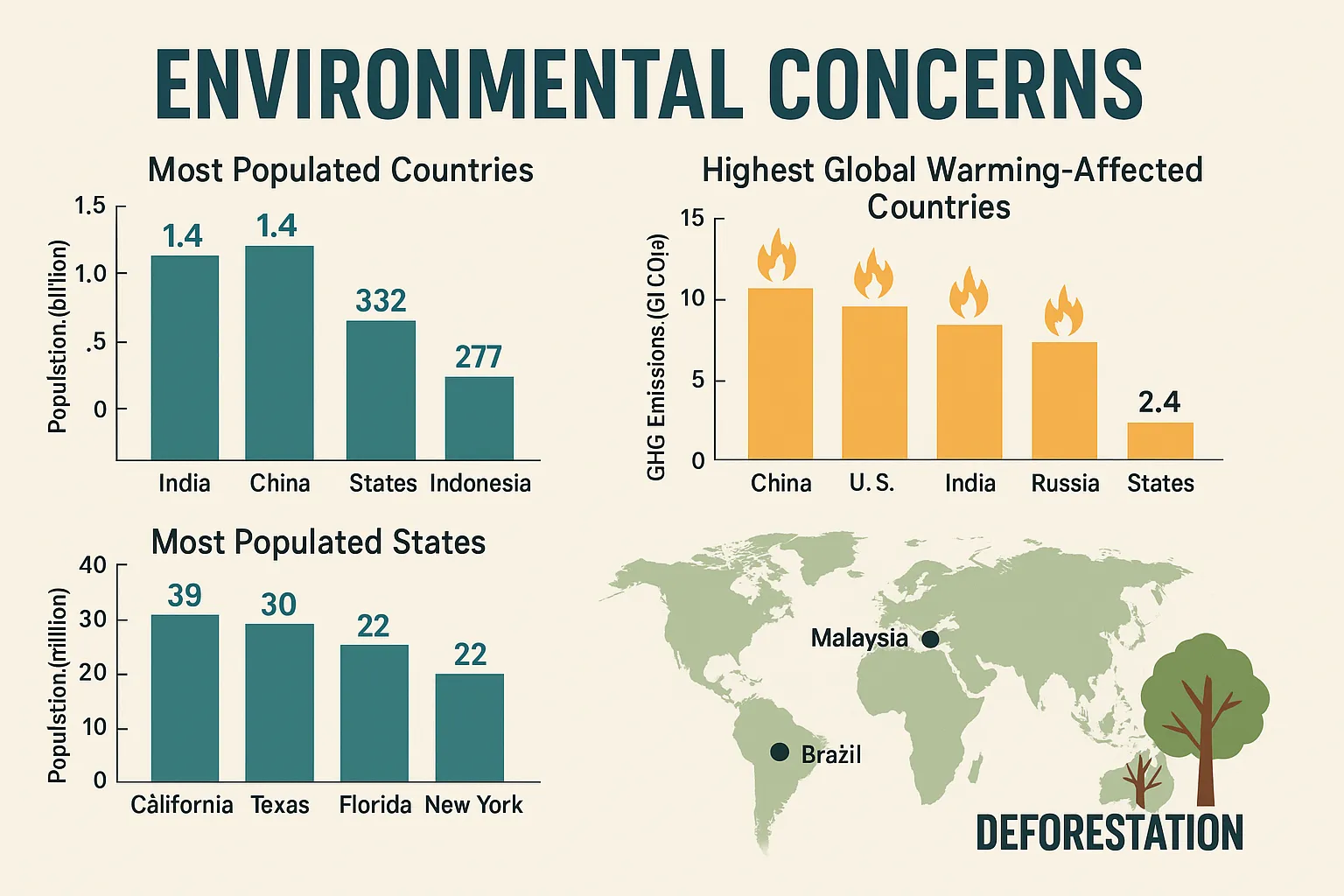The Kolkata Bench Income Tax Appellate Tribunal (ITAT) in the case M/s Forum Projects Pvt. Ltd. Versus DCIT(IT) observed and has ordered that no TDS on payment of fees for technical services (FTS) to non-residents not having a Permanent Establishment (PE) in India.
The two-member bench comprising of Vice President, Rajpal Yadav and the Accountant Member, Rajesh Kumar has observed that the payment made to non-resident recipients not having any permanent establishment in India and also that the services being provided are not in the nature of royalty and fee for the technical services.
The assessee/appellant is a company registered and incorporated in India and engaged in the business of construction and development of projects during the year. Thus, the assessee was engaged in a construction and development project called Atmosphere in Kolkata during the instant year. An agreement was entered by the assessee company with M/s Web Structures Pte. Ltd., to have a registered office at 146, Robinson Road, Singapore.
However, M/s Web Structures Pte. Ltd. is a structural engineering consultancy firm and the services provided to the assessee company were in the nature of concept and schematic design, detailed design, contract documentation, tender and recommendation, design development and the construction etc.
During the year, a sum of Rs. 1,552,56,351 was paid by the assessee to the consultancy company as a consultancy fee for providing the above services. However, the said company is the non-resident company and incorporated in Singapore and did not have any permanent establishment in India, according to the assessee. Since the resident does not have any permanent establishment in India and is a non-resident, the provisions of Section 195(1) of the Act are not applicable.
It was observed that according to AO, the assessee was liable to deduct tax at source from the payment made to the company. Further, the payment of the foreign company is covered under Article 12(3)(a) of the Treaty and constitutes a payment towards royalty. As per AO, the services rendered by the M/s Web Structures Pte. Ltd. to the assessee other than the supply of drawings/ design are subsidiary and ancillary to the application and enjoyment of rights, property, or information for which payment described in Article 12(3)(a) of the Treaty is made to the foreign company, and thus a portion of the payment relating to the supply of managerial consultancy and technical services under the Agreement entered between both the companies falls under this category.
It was stated that the entire payment under the Treaty to M/s Web Structures Pte. Ltd. is in the nature of a payment for royalty and the fee for technical services. It was observed by AO that since there was no information available about M/s Web Structures Pte. Ltd. being the beneficial owner of the payment and received by it under Article 12(2), subsequently, the domestic tax rates were provided and the tax payable was computed.
The Order of AO was confirmed by CIT(A) by holding that the payment made to the foreign company by the assessee falls within the meaning of Article 12 of the DTAA between India and Singapore and therefore was liable for deduction of tax under section 195 of the Income Tax Act, 1961.
It was submitted by the assessee that since the assessee did not have any permanent establishment in India and was providing the service only from Singapore, the provisions under Section 195 of the Income Tax Act, 1961 provides that the same are not applicable.
Further, the department contended that the assessee has received services in lieu of royalty and fee for taxes paid to the foreign company which are covered under Article 12(4)(a) of Treaty. However, the appeal of the assessee may be dismissed.
It was ruled by the ITAT that the conditions set out in Article 12(4)(a) of the Tax Treaty are not met, and the services are not provided under technical knowledge, skill, etc. by using them independently in the future, nor has any design or drawing been provided to the assessee that can be used independently.
Accordingly, the ITAT directed the AO to delete the demand.

















